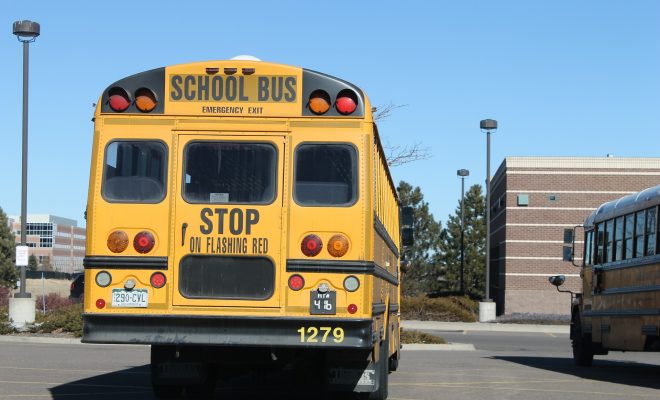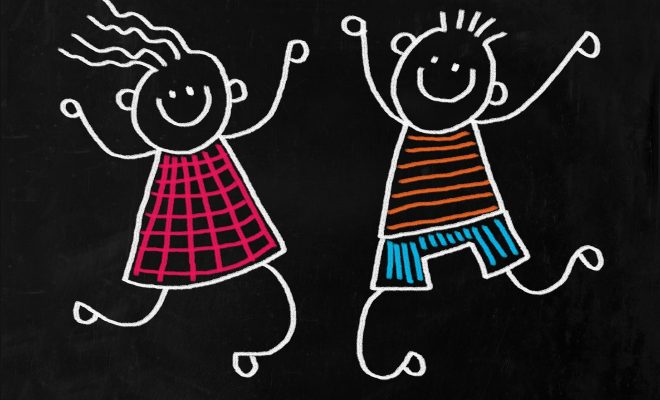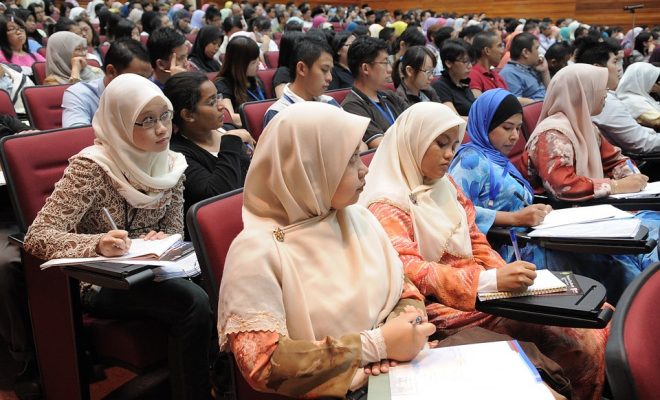Pass or Fail: Social Promotion and Retention’s Effect on Families & Communities

In this multi-part series, I provide a dissection of the phenomenon of retention and social promotion. Also, I describe the many different methods that would improve student instruction in classrooms and eliminate the need for retention and social promotion if combined effectively.
While reading this series, periodically ask yourself this question: Why are educators, parents and the American public complicit in a practice that does demonstrable harm to children and the competitive future of the country?
When a student is subjected to social promotion or retention, he or she is not the only one impacted. If your child was retained, what effect would it have on you, your family and community? Likely, your experiences would be drastically altered, often in quite negative ways.
Families impacted by retention and social promotion policies are disproportionately among already disadvantaged groups. One study identified that children from low-income families, English learners, and Latinos were significantly more likely to be retained than the more demographically “average” student.
Retention rates during the 2009–2010 school year demonstrate that retention is highest among traditionally disadvantaged minorities. Among those deemed most likely to suffer from low academic performance, the rates of retention for black and Hispanic students were 4.2 percent and 2.8 percent, respectively. Among white students, the rate was just 1.5 percent.
Not only are retention and social promotion policies perpetuating social inequalities, they are also enhancing tensions within families by creating the additional stress of academic challenges. Retention and social promotion, or even merely the threat of these practices, places considerable pressure on the individual student.
Among older students, these stresses come into play at a point at which there is naturally occurring strain already. However, even for kindergarteners, retention has been strongly linked to risk factors like poverty, low maternal education, single-parent status, minority status, English language learner (ELL) status, and male gender, with these factors, also associated with poor school readiness.
A study by Wei Wu, Stephen G. West, and Jan N. Hughes explored the relatively short-term and long-term effects of grade retention for first graders and tracked the growth potential in mathematics and reading achievement over four years. They found that there was a large multiethnic sample below the median in literacy at the school entrance, and analyzed the effects of retention on the group studied.
They found that retained children experienced a faster increase in the short term and a faster decrease in the long term in both mathematics and reading achievement than promoted children. Although this data can be difficult to contextualize, the study indicates that retained students are less successful in reading and mathematics than students who are not retained. Retention and social promotion can also exacerbate existing problems within the family structure, although researchers have not examined this thoroughly.
There has been a fair amount of research regarding relationships between families and schools and how, with the right approach, it can prove a key factor in determining the academic success of a student. Similarly, challenges in the relationship between family and school representatives undermine the potential of a student to excel academically. It may be too much to suggest that a problem relationship of this type has a negative impact on a student’s success, but there is certainly indirect evidence that issues undercut a student’s ability to thrive academically.
In the relationship between family and school, the problems of retention or social promotion are sizeable. From the perspective of family members, and parents, in particular, the risk of retention and social promotion is immensely stressful because of the perception that either one of these policies is indicative of a limited future for the affected child. At least in some cases, parents look at retention or social promotion as an indication that their child is either unlikely to ever thrive academically or that their child is not adequately supported by the education system.
Although there are numerous challenges and limitations impacting the process of assessing the costs of retention and social promotion, as we have seen, the general cost of these policies is apparent from the evidence that is available and from a certain logical analysis of the scenario.
The various stakeholders in education, including students, teachers, education policymakers, parents, and employers, are all undermined by the pass or fail mentality of the current system. We disconnect individual students because of these policies. Disconnection from themselves, education, fellow students, teachers and other educators, their families and eventually from the community at large occurs when retention and social promotion comes into play.
Could you handle your child being retained or socially promoted without the stress and consequences of this decision negatively impacting your family? If you answer yes, you’d find yourself in the minority.






